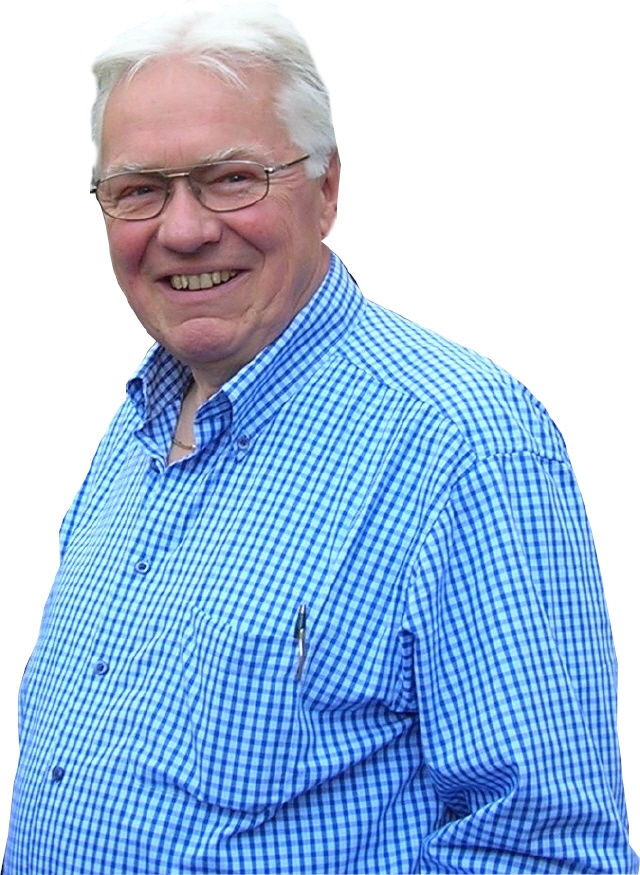In Memoriam

On the death of Wolfgang Roether
We mourn the loss of Wolfgang Roether, who passed away on June 17, 2022, at the age of 86. With him, we have lost a pioneer and extremely committed advocate for the field of environmental physics. Wolfgang Roether studied physics at the University of Heidelberg, where he received his diploma in physics in 1961, his doctorate in 1967, and his habilitation in 1972. Throughout his research career, Wolfgang led and participated in many international scientific collaborations. Early examples of this involvement include his research stays from 1967 to 1968 at the Council for Scientific and Industrial Research, CSIRO, in Pretoria, South Africa, and from 1972 to 1974 at the Lamont-Doherty Earth Observatory at Columbia University, New York, USA. In 1975, he was appointed to a professorship at the newly founded Institute for Environmental Physics at the University of Heidelberg. Wolfgang Roether's contributions to environmental physics focused on understanding the distribution of trace substances in the ocean and the information they provide about its circulation and water mass distribution. He used a variety of different trace substances for this purpose, for example the isotopes tritium, 3He, radioactive carbon 14C, kryton, 85Kr, strontium, 90Sr, chlorofluorocarbons (CFCs), Argon, 39Ar or Radon 226Ra. In order to measure these trace substances at suitably high resolution, he also contributed significantly to the development of new measurement methods and thereby improved our understanding of the input of trace substances to the ocean. His early studies on the input of tritium to groundwater and the measurement of tritium in old wine supported this work. He also made fundamental contributions to the experimental determination of the exchange rates of gases such as CO2. To this end, he developed a new method for measuring the 222Rn deficit in the surface layer of the oceans. This enabled its gas exchange rate to be determined.
After a stay as a visiting professor at the Christian-Albrechts-Universität zu Kiel, he was appointed to a professorship at the University of Bremen in 1987. By now he was considered a recognized pioneer in tracer oceanography, constantly enriching his research with new methods and applying them to new problems such as the circulation in the Mediterranean Sea and its variability. In addition to the Mediterranean, his work also covered the Atlantic, the Arctic, the Pacific and the Southern Oceans. He thus played a significant role in the study of global ocean circulation. An overarching and unifying concept driving Wolfgang Roether's research has been that the ocean is a subsystem of the environment. This led to the applications of his measurements to climate research and to an improved understanding of deep circulation in dynamical circulation models of the ocean. Here, the Mediterranean Sea serves as a model for climate-induced changes in oceanic circulation.
Wolfgang Roether deserves great credit for establishing environmental physics as a branch of applied physics. Already in Heidelberg, he contributed significantly to the development of this new field of physics. In Bremen, he played a major role in shaping the Institute for Environmental Physics, which was founded in 1993. As a very dedicated spokesman, he represented this until his retirement in 2000. In particular, he was the driving force behind the founding of the Environmental Physics Association of the German Physical Society in 1998 and acted as its spokesperson until 2003. For this commitment, he received the DPG Medal of honor in 2017. Wolfgang was not only an excellent scientist, but also an outstanding mentor to his many graduate students and postdoctoral fellows, as well as a highly respected colleague. He was also an outstanding musician and an important member of the Bessel Kollegium, a group of physics professors who provided musical accompaniment at events in Department 1 of the University of Bremen. With the death of Wolfgang Roether, the research field of environmental physics has lost a pioneer of tracer-oceanography, an outstanding researcher and university teacher, and a respected colleague. On July 27, 2022, Wolfgang made his final voyage and was buried at sea. We express our regret and deepest condolences to his family and the bereaved families.
Werner Aeschbach and Ulrich Platt, Institute for Environmental Physics, U Heidelberg; John P.Burrows, Justus Notholt, Monika Rhein and Klaus Künzi, Institute for Environmental Physics, UBremen; Christian von Savigny, Environmental Physics, U Greifswald; Peter Schlosser, Vice Presidentand Vice Provost of Global Futures, Arizona State University
